Contra Costa Supervisors put Health Services Chief on hot seat over 13 COVID rule violating restaurants
Wednesday, December 8th, 2021“The time has come to shut down those establishments that don’t obey the code.” – District 4 Supervisor Karen Mitchoff
“There are no Omicron variant cases yet in our county.” – CC Health Services Director Anna Roth
Approve East County Groundwater Plan; approve $95.5 million for new West County Reentry Treatment & Housing Facility
By Daniel Borsuk
A defensive Contra Costa Health Services Director Anna Roth faced criticism from county Supervisors, especially emanating from District 4 Supervisor Karen Mitchoff on why 13 restaurants remain open in defiance of county COVID-19 health orders. As of Sept. 22, by order of the county’s Health Officer Dr. Chris Farnitano, restaurants, gyms, movie theaters and other entertainment venues must require patrons show proof of vaccination or a recent negative COVID test in order to enter. (See related article)
“There is no change in enforcement,” Roth said at Tuesday’s supervisors meeting. As of November, 99 percent of restaurants in the county are compliant. We have 13 outstanding cases.”
But Roth’s statement did not satisfy Mitchoff, the supervisor who initially unveiled the code enforcement issue with the county health services.
“The time has come to shut down those establishments that don’t obey the code,” Mitchoff said. “We have done the education. We’ve done the warning.”
None of the owners of the 13 restaurants spoke at Tuesday’s supervisors meeting. Lumpy’s Diner in Antioch, and MJ’s Downtown Café are among eating establishments that the county has tagged as out of compliance of COVID-19 health code.
One of the 13 restaurants on the county’s red tag list, the In-n-Out in Pleasant Hill has been closed for indoor dining health code violations.
District 5 Supervisor Federal Glover of Pittsburg came to the defense of Roth and her department’s code enforcement division commenting, “I think you’re doing an outstanding job out there. The volume of people out there who are out of compliance is small. I enjoy eating inside a restaurant. I understand the stress,”
In the meantime, Roth reported that while 75.6 percent of Contra Costa County residents are fully vaccinated, twenty-seven persons are hospitalized in county hospitals with COVID-19 symptoms One patient dies daily on average from COVID-19 symptoms, she noted.
“There are no Omicron variant cases yet in our county,” said Roth.
In an interview for a KRON4 news report, County Health Officer Dr. Chris Farnitano said, “We don’t just jump right in there with a fine at the get go. We give the businesses the opportunity. Because our goal is to get to compliance for people to follow the order. Our goal isn’t to issue a bunch of fines.” The report also shared that Farnitano said only four restaurants in the county have been fined.
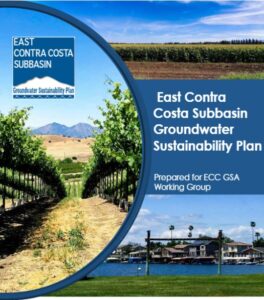 East County Groundwater Sustainability Plan Approved
East County Groundwater Sustainability Plan Approved
Supervisors also approved the East Contra Costa Subbasin Groundwater Sustainability Plan on a 5-0 vote. The $1.4 million groundwater study applies to the cities of Antioch and Brentwood, Byron-Bethany Irrigation District, Diablo Water District, Discovery Bay Community Services and East Contra Costa Irrigation District.
Even under drought like conditions, the plan found, “Groundwater conditions in the ECC Subbasin are favorable and reflect stability over the past 30 years or more. Using various analogies, the Subbasin can be described as generally full through various water-year types, including drought and is in good “health.” The favorable conditions are in part due to surface water availability that represents the largest sources of supply for municipal and agricultural uses in the Subbasin.”
Ryan Hernandez of the Department of Conservation and Planning said if the board of supervisors did not adopt the ECC-GSP, the county would be in violation of the Sustainable Groundwater Management Act, which would result in the State Water Resources Board intervening in local groundwater management.
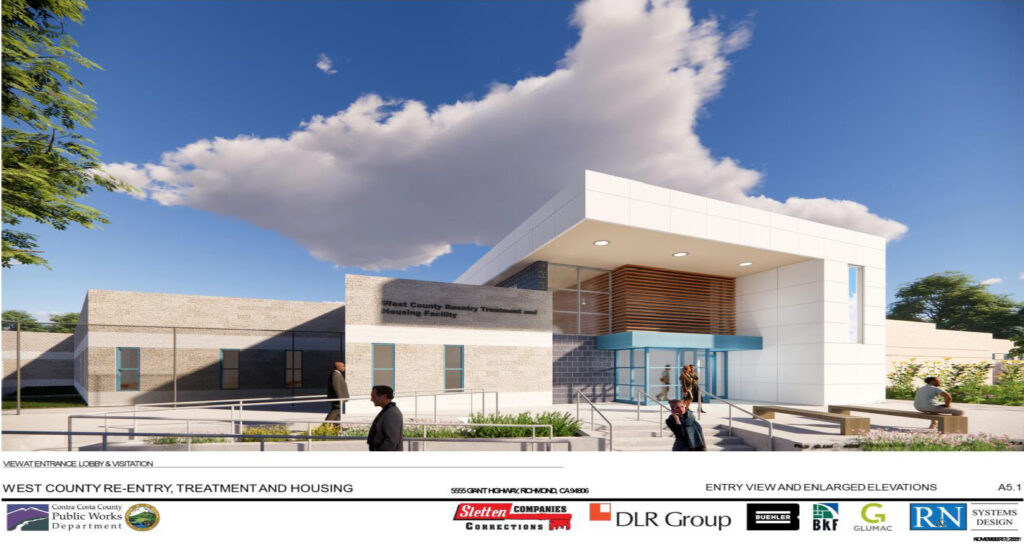
Rendering of the entrance of the West County Re-entry Treatment and Housing Facility. Source: Contra Costa County
$95.5 Million West County Detention Facility Expansion Plan Approved
Supervisors unanimously approved a $95.5 million design-build contract with Montana-based contractor Sletten Construction Company to design and build five secure housing units, a medical treatment center, reentry program space and building, and visitation facilities at the West County Detention Facility in Richmond. It will be known as the West County Re-entry Treatment and Housing Facility. WRTH presentation CCCBOS120721
One of the objectives of the project is to reduce overcrowding by 128 inmate beds to 288 high-security inmate beds in five housing units. Ninety-six beds will still be mental health treatment beds.
Possible Relocation of Marsh Creek Shooting Range
In a related matter, supervisors approved as a consent item a report on the future use and potential relocation of the shooting range at the Marsh Creek Detention Facility possibly to the Concord Naval Weapon Station. At the low-security detention facility inmates learn wood making skills and other basic education skills.
Used also as a training facility for the Office of the Sheriff and law enforcement agencies from Contra Costa County and surrounding counties, the Marsh Creek Range Facility generates revenue for the county. The range will bring about $113,000 for fiscal year 2021-2022, wrote County Administrator Monica Nino in her report to the supervisors.
Allen Payton contributed to this report.











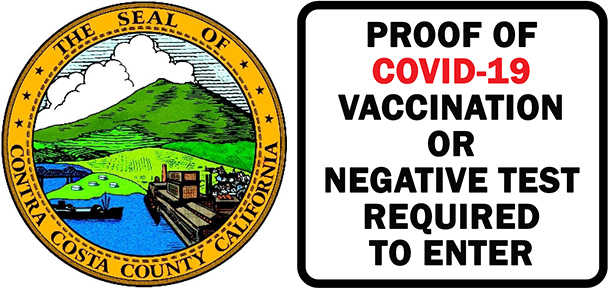

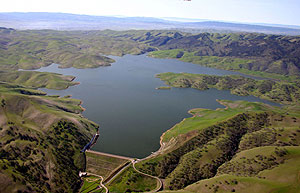

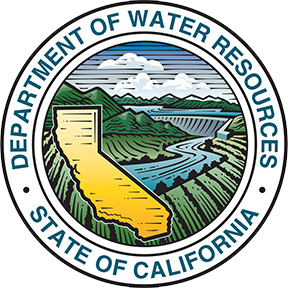 If you live or work in the Delta, we’d like to invite you to join an online workshop to provide feedback to the Department of Water Resources about the Community Benefits Program of the
If you live or work in the Delta, we’d like to invite you to join an online workshop to provide feedback to the Department of Water Resources about the Community Benefits Program of the 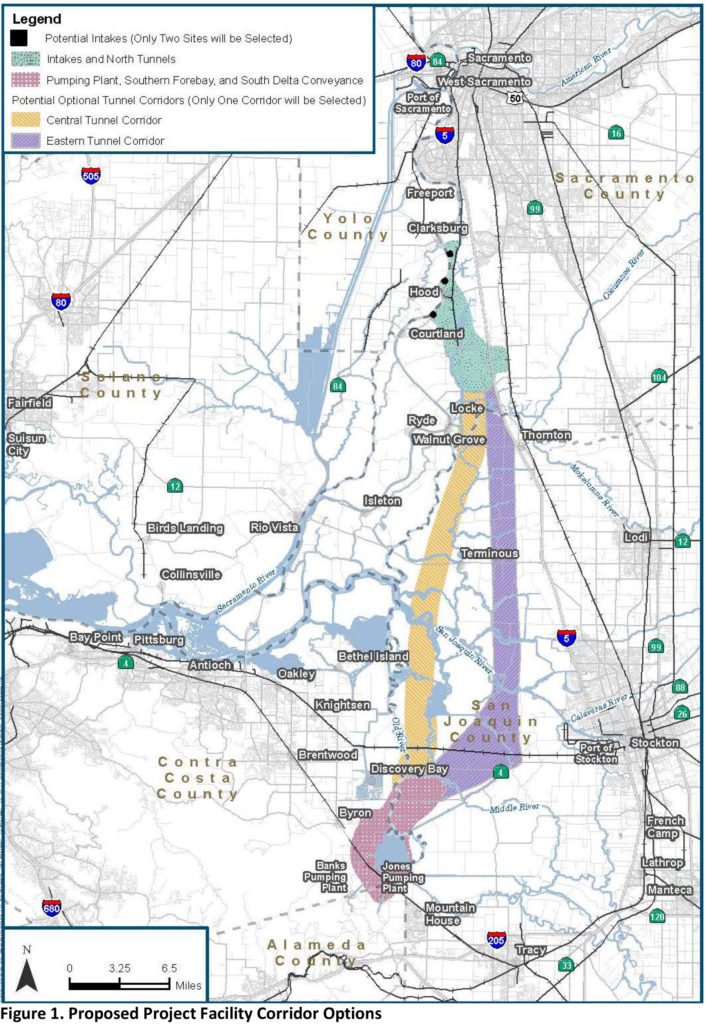
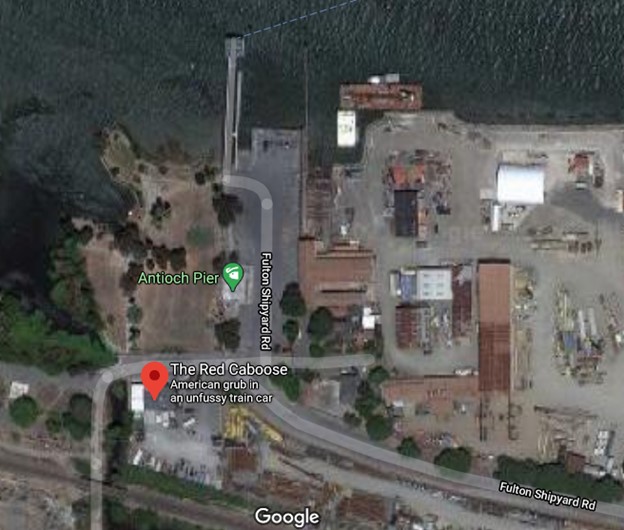
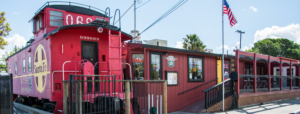
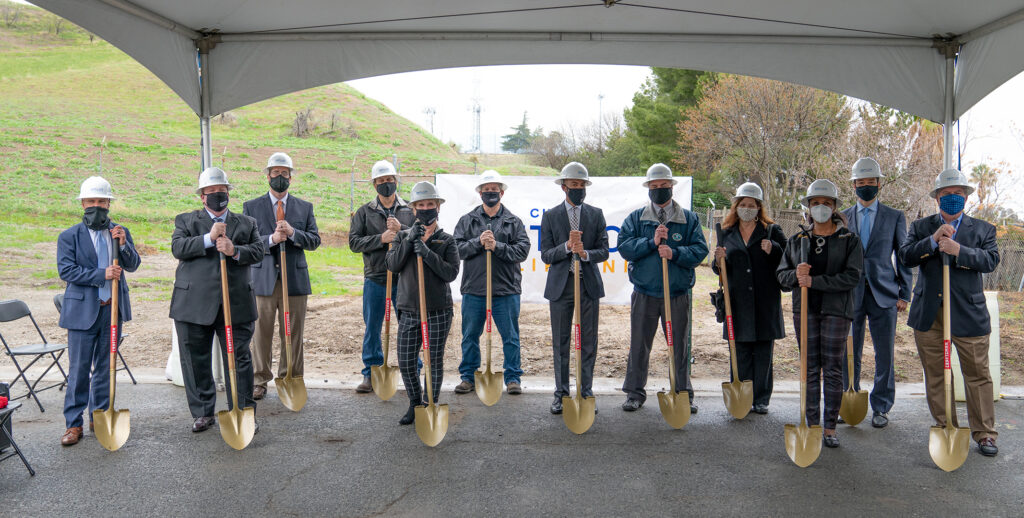
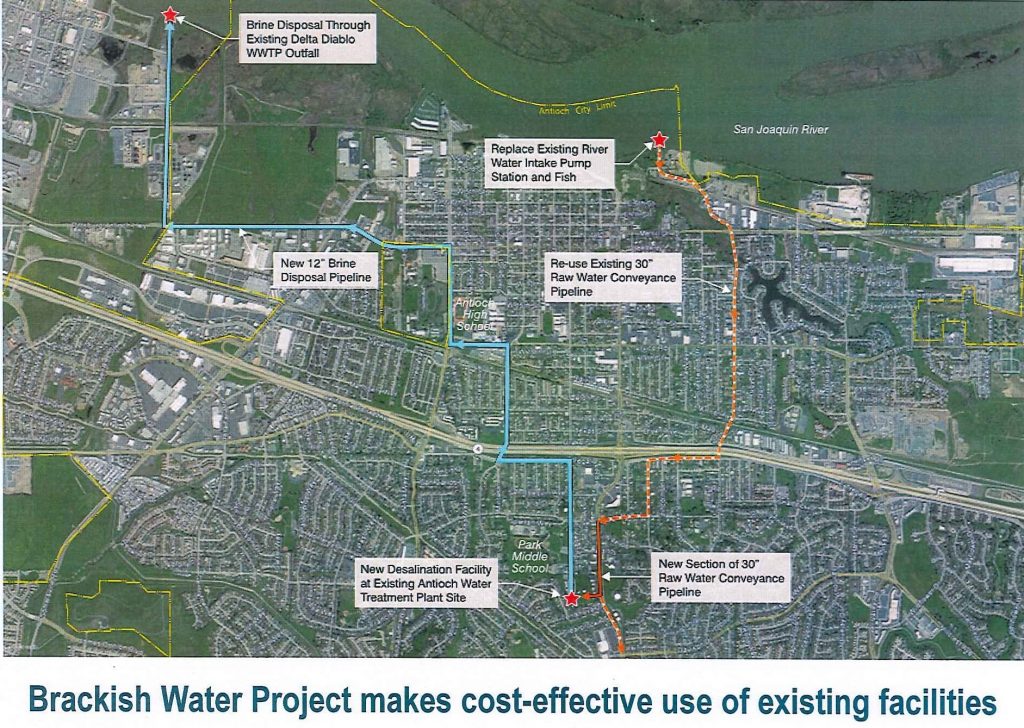
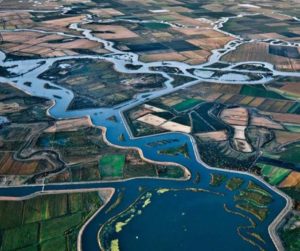
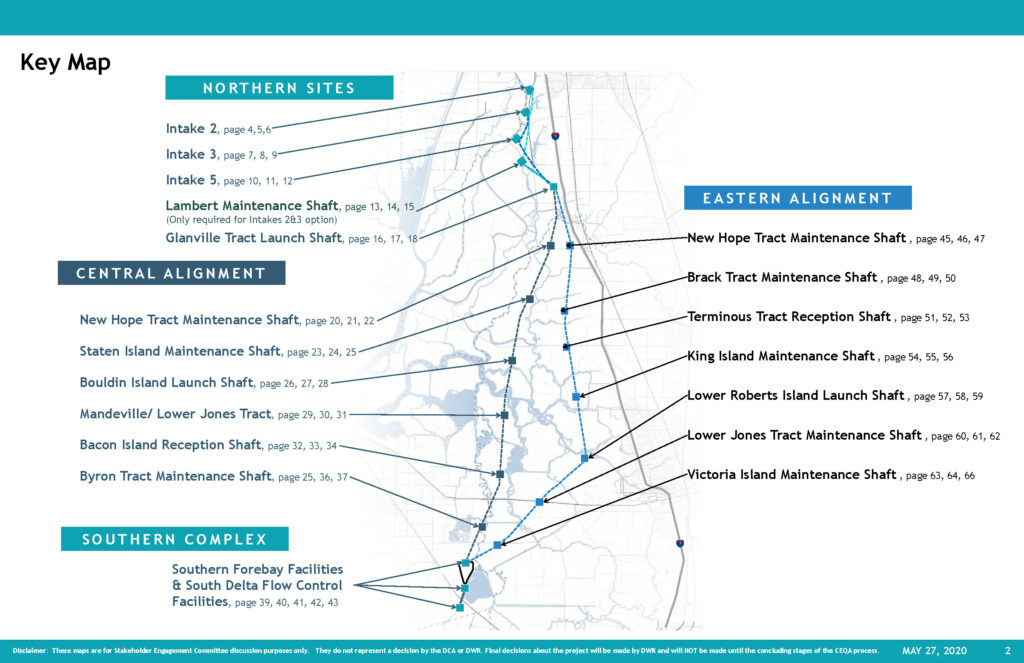
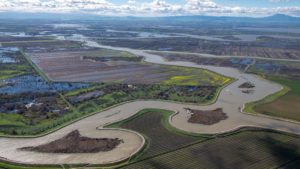
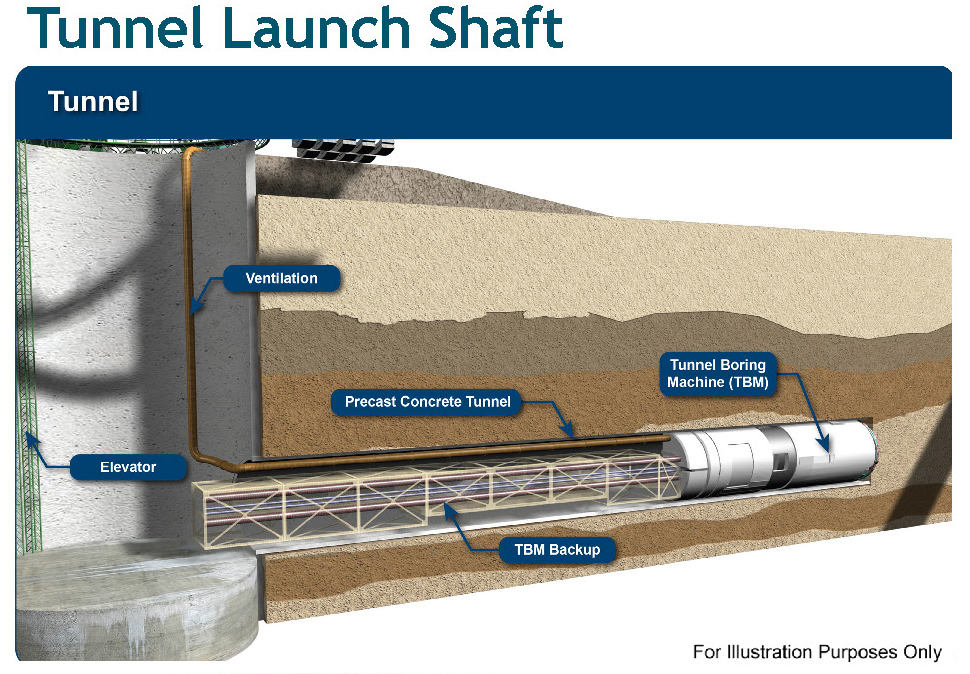
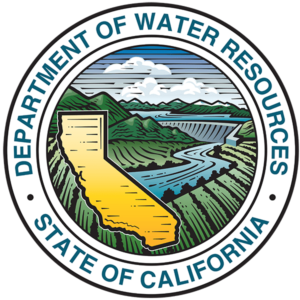 By Rolando Bonilla, PIO, City of Antioch
By Rolando Bonilla, PIO, City of Antioch












